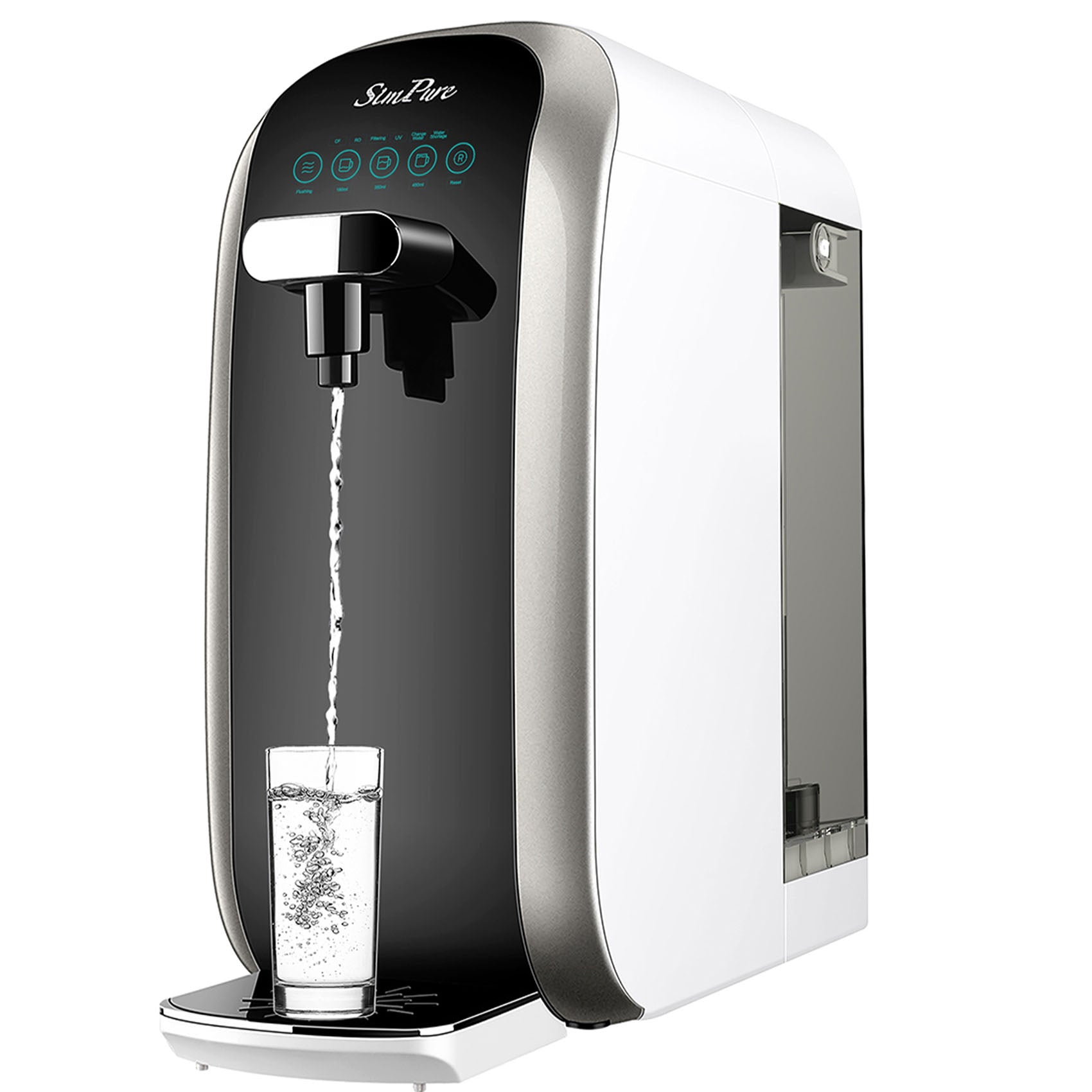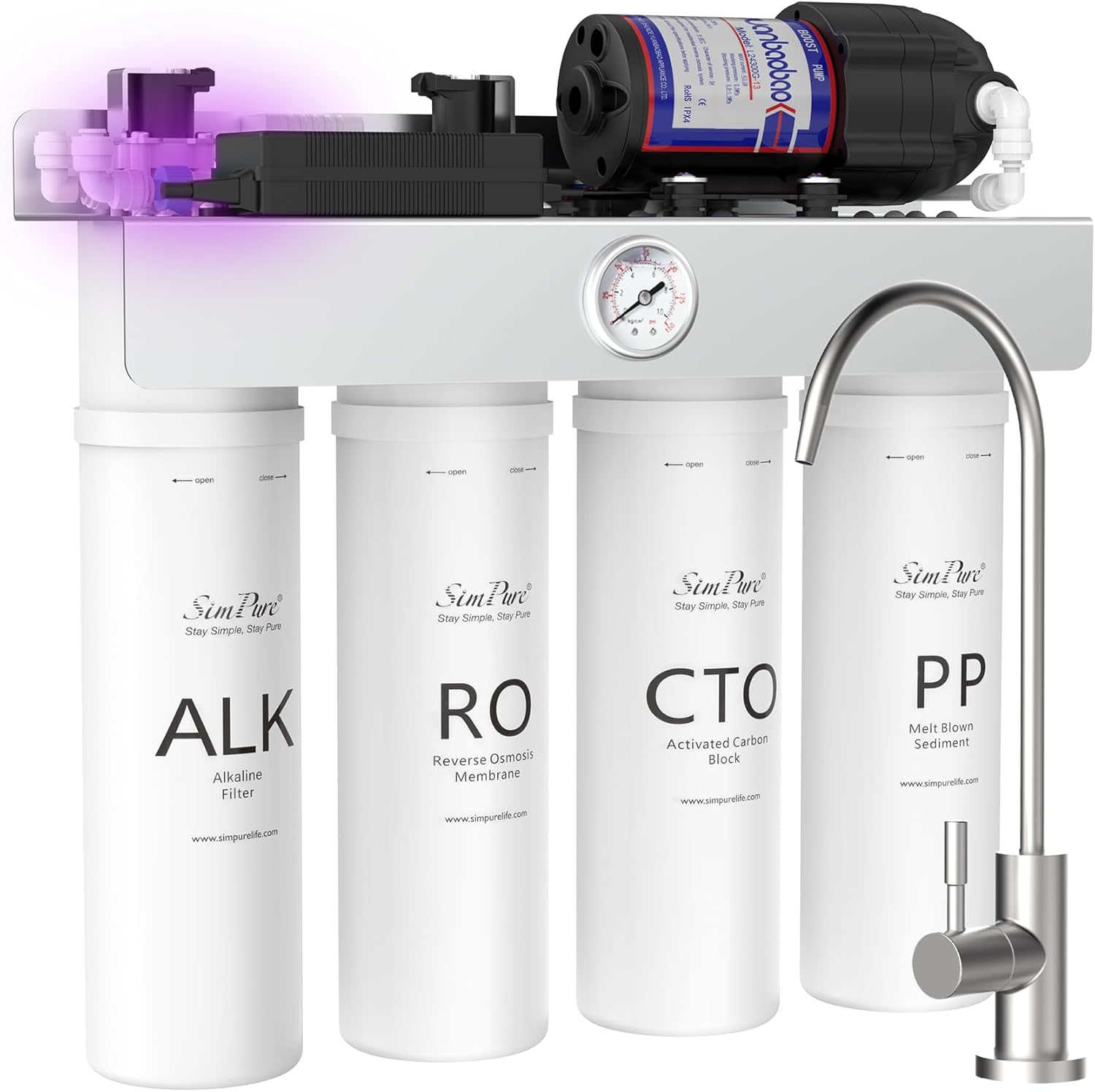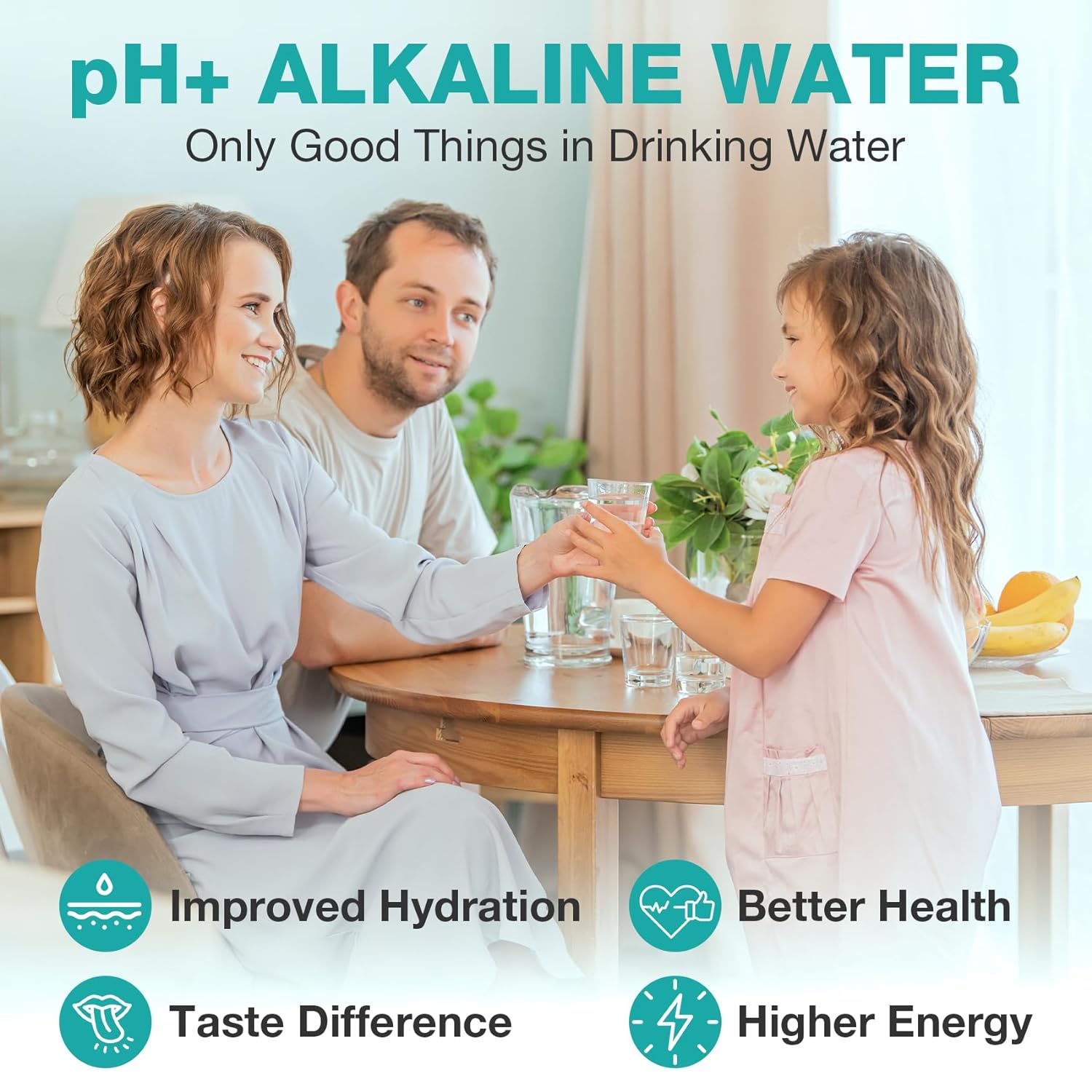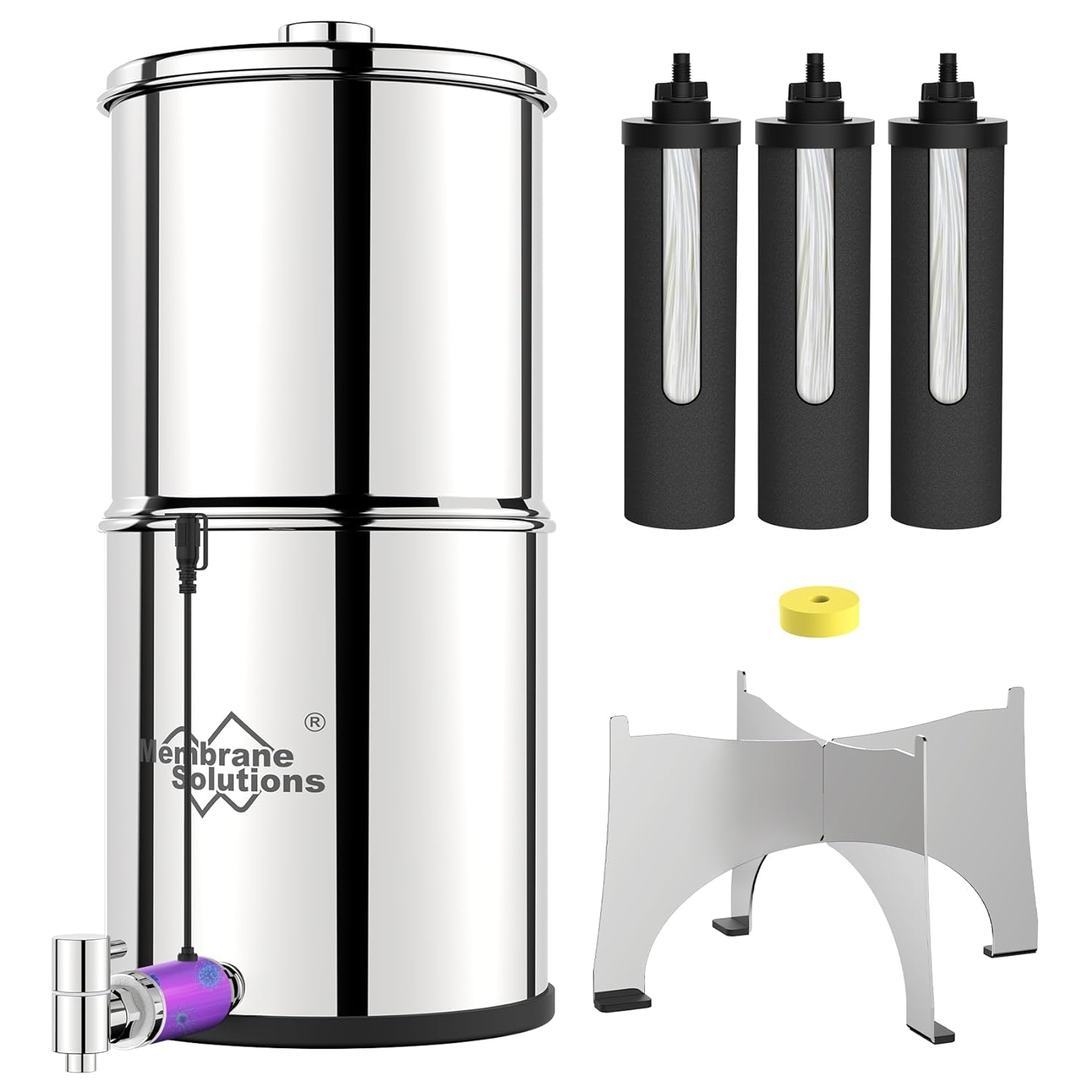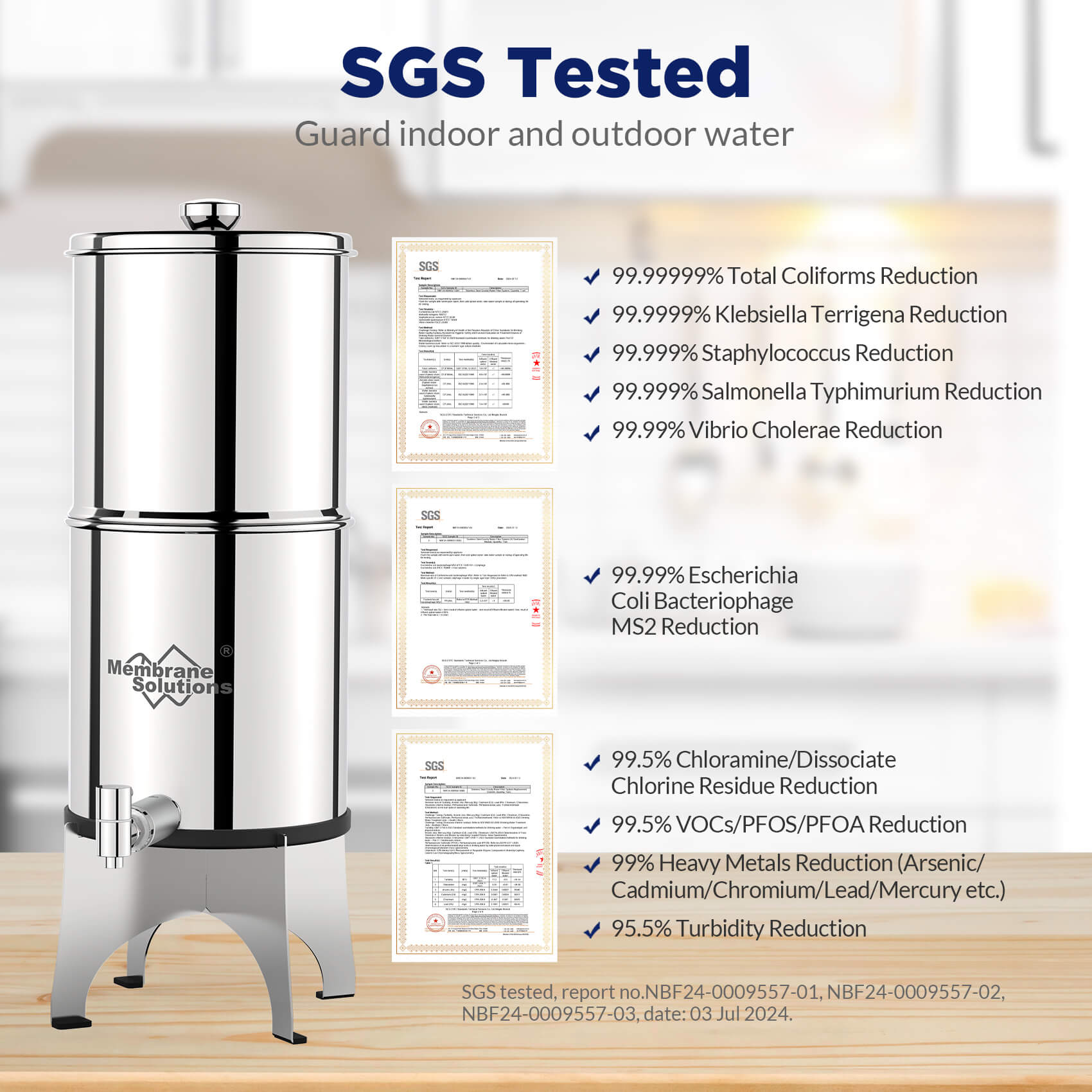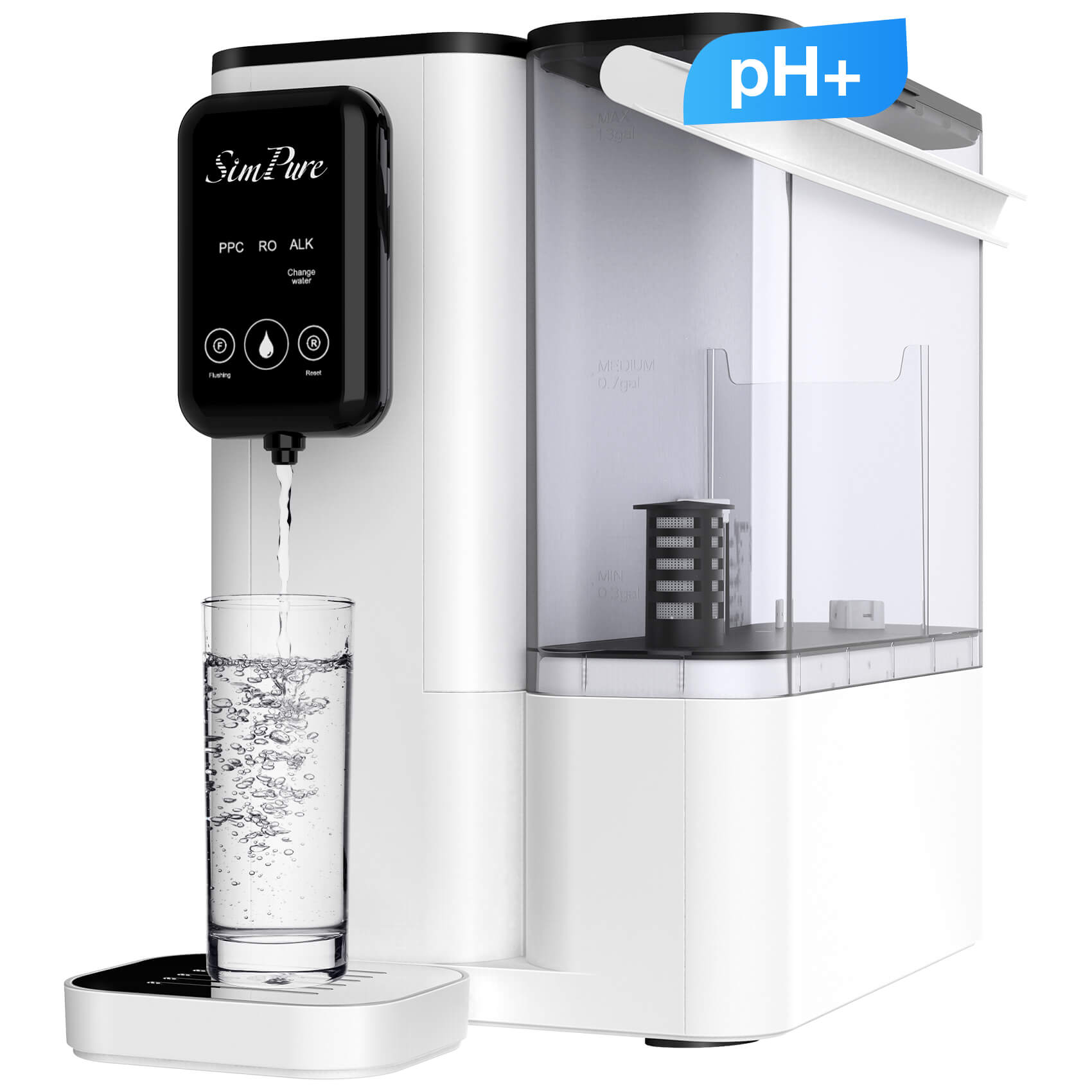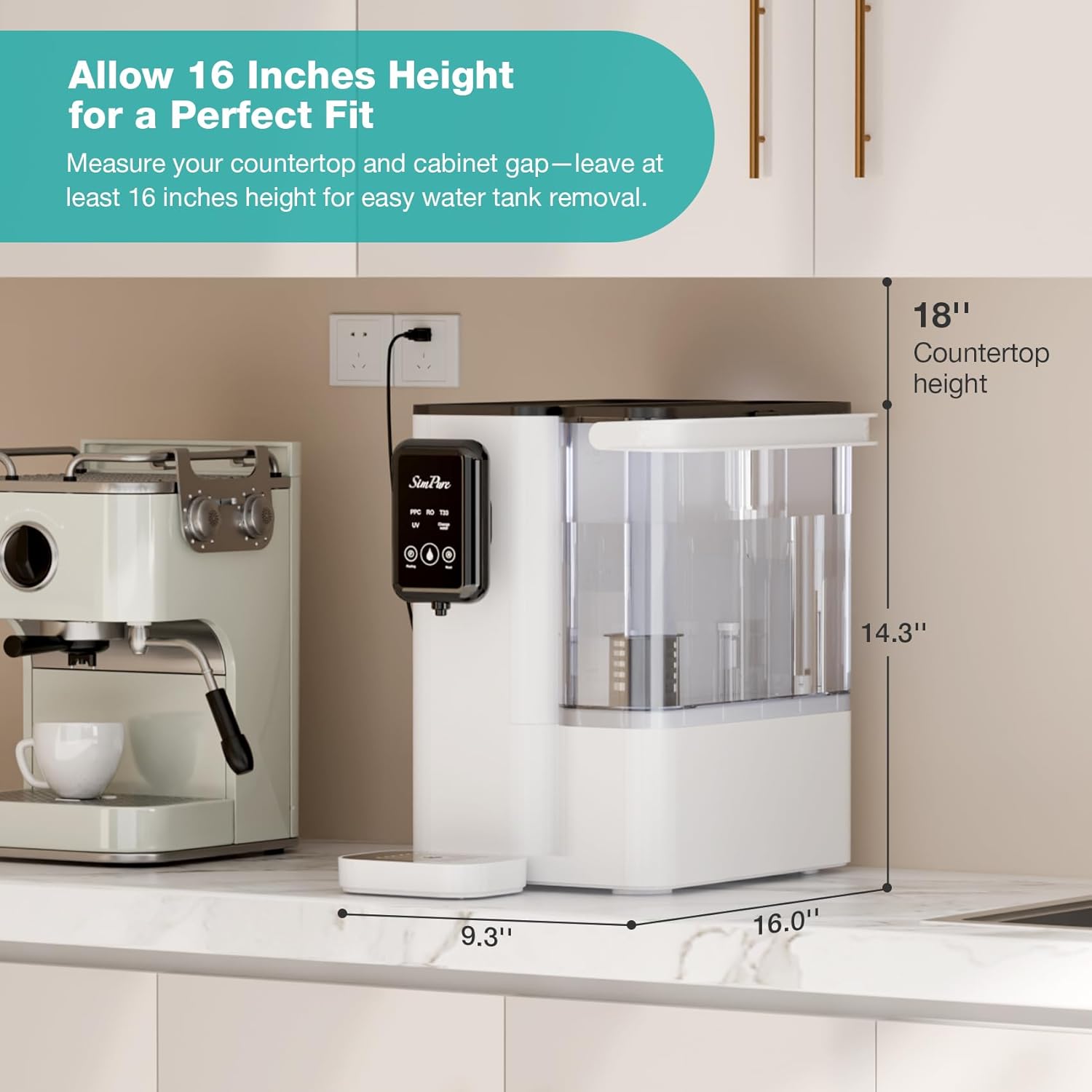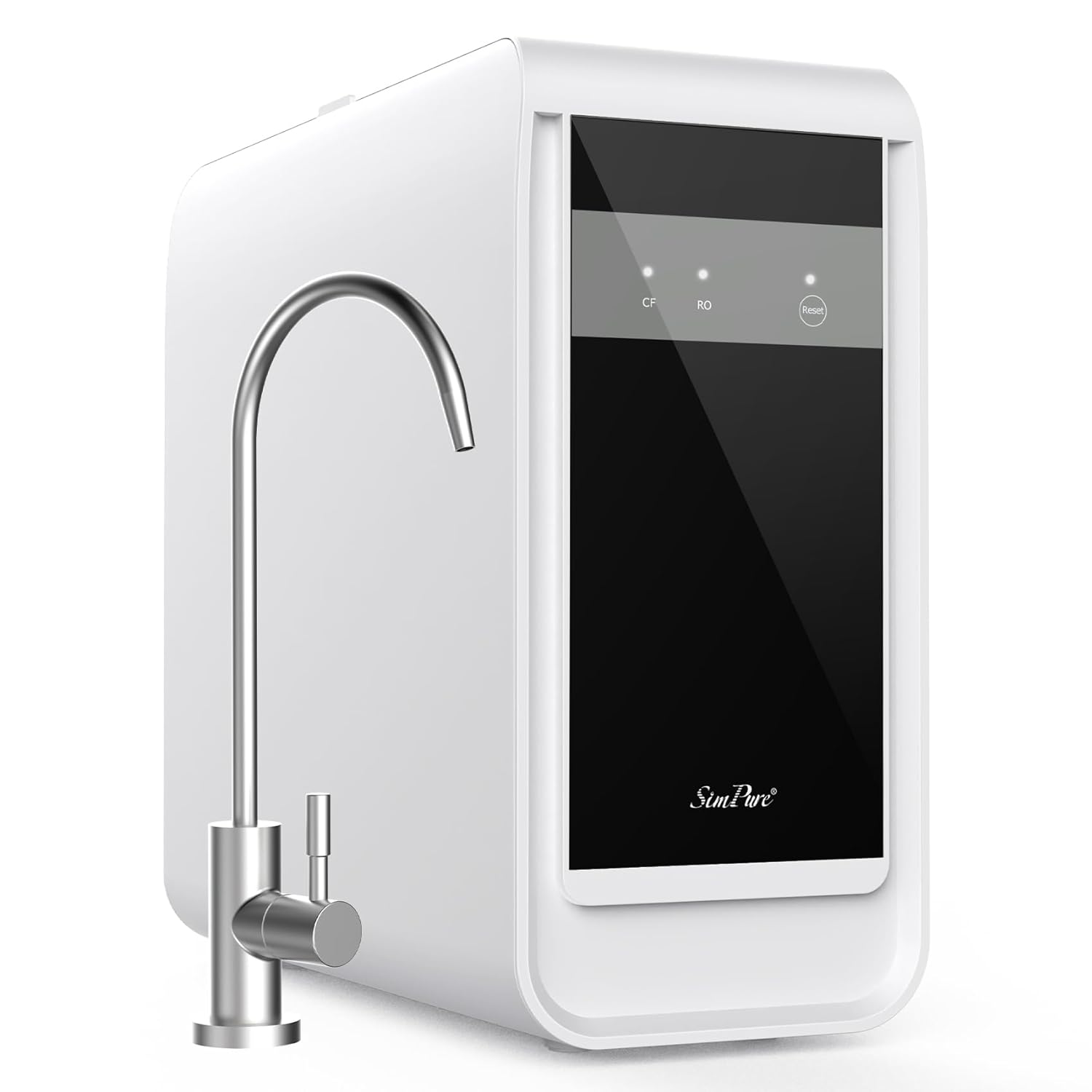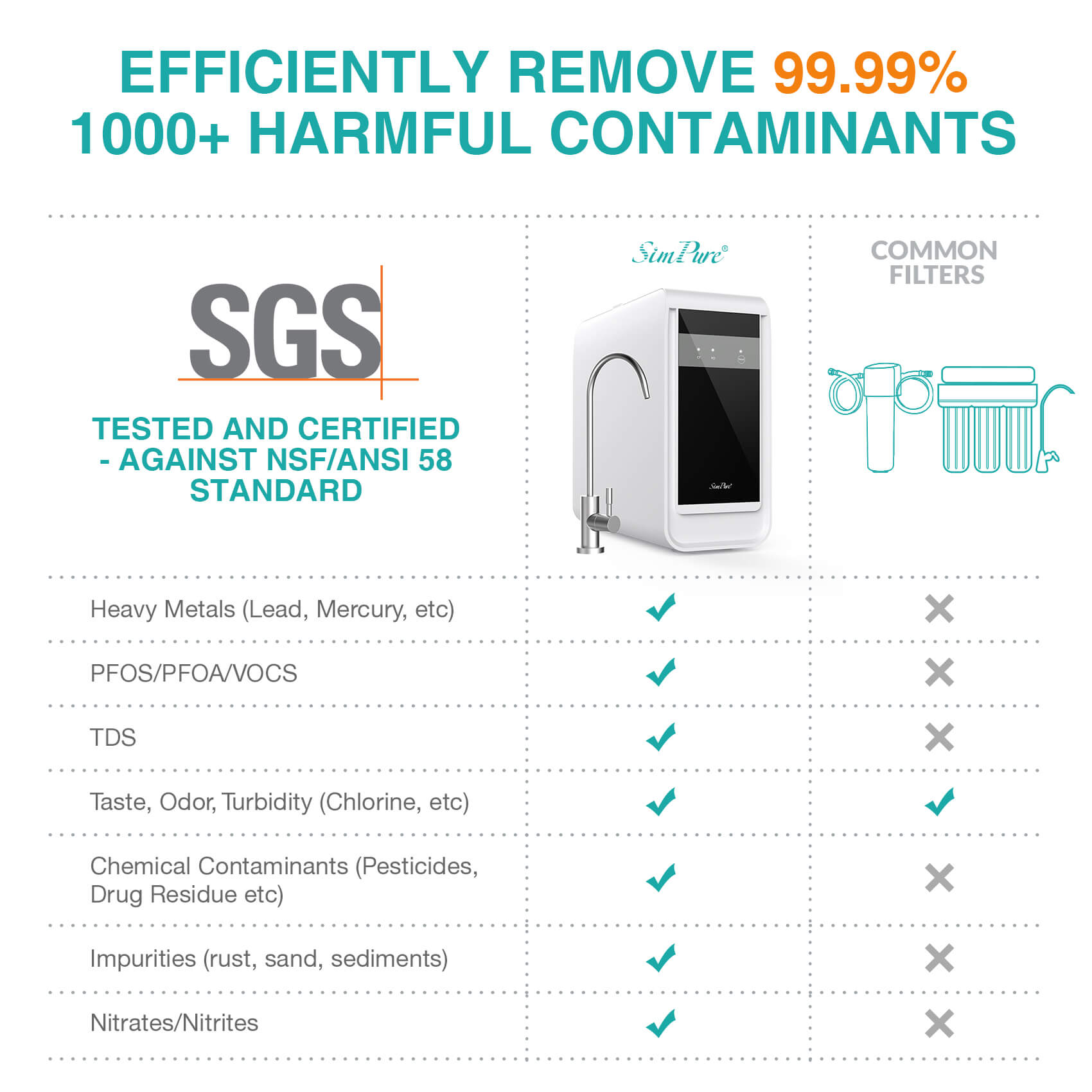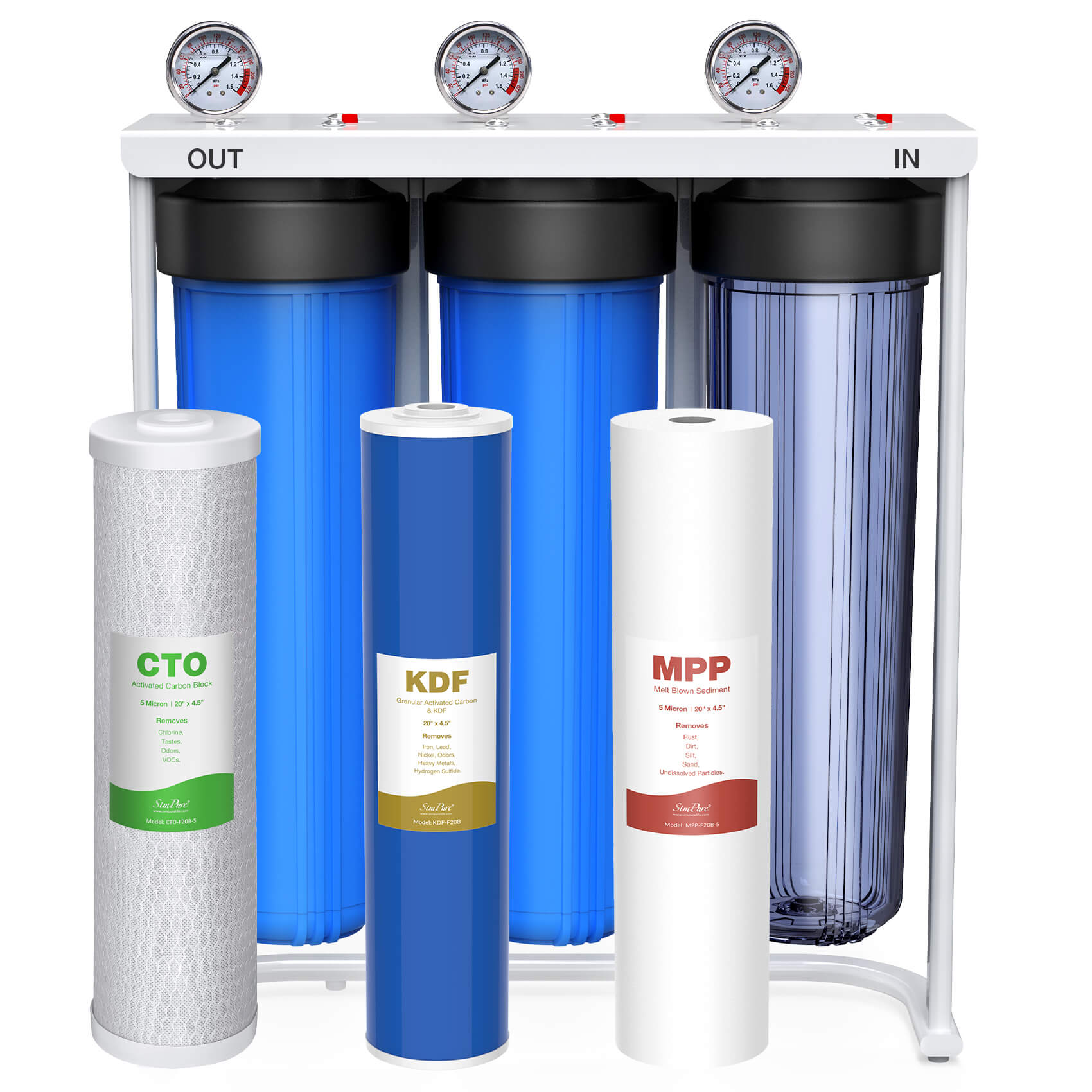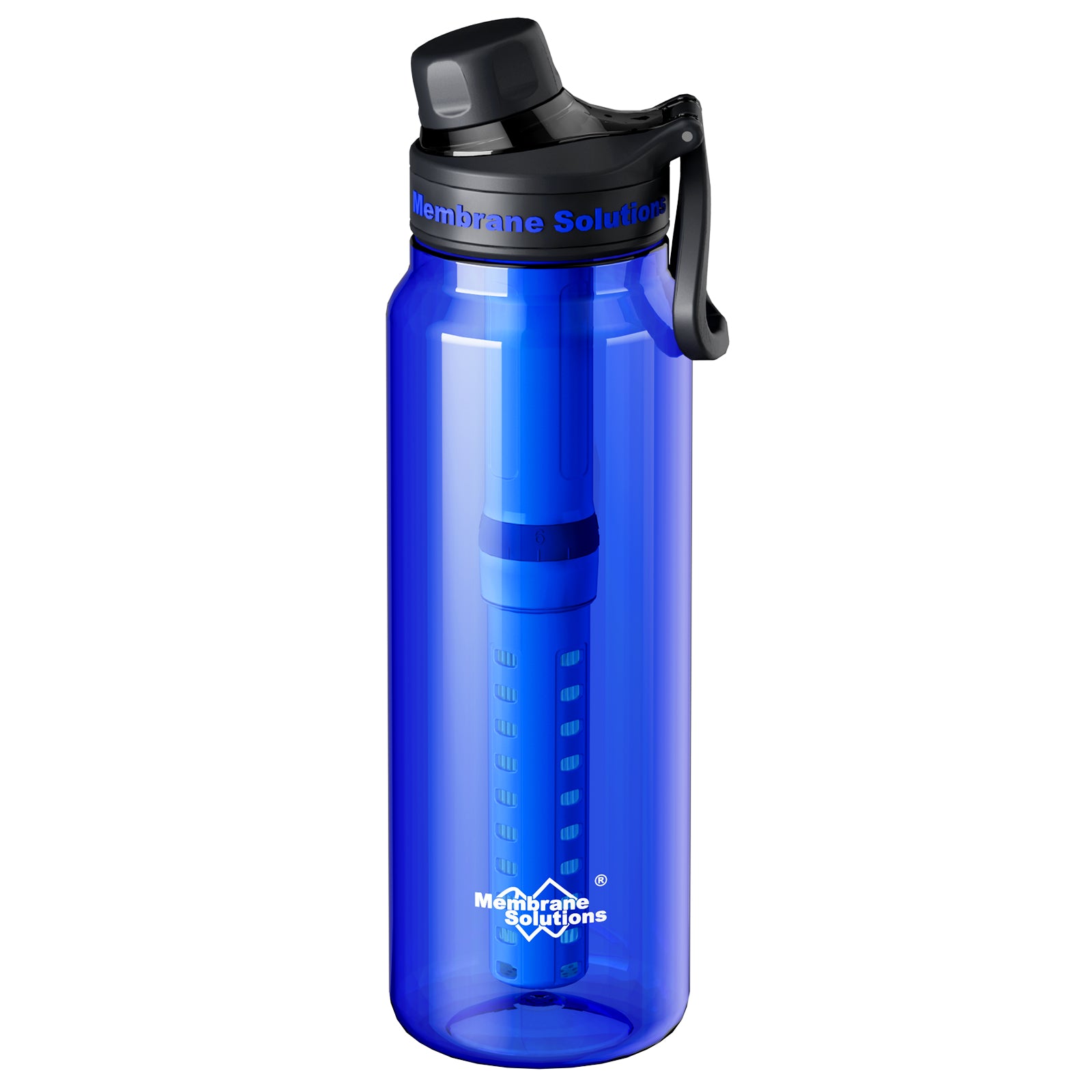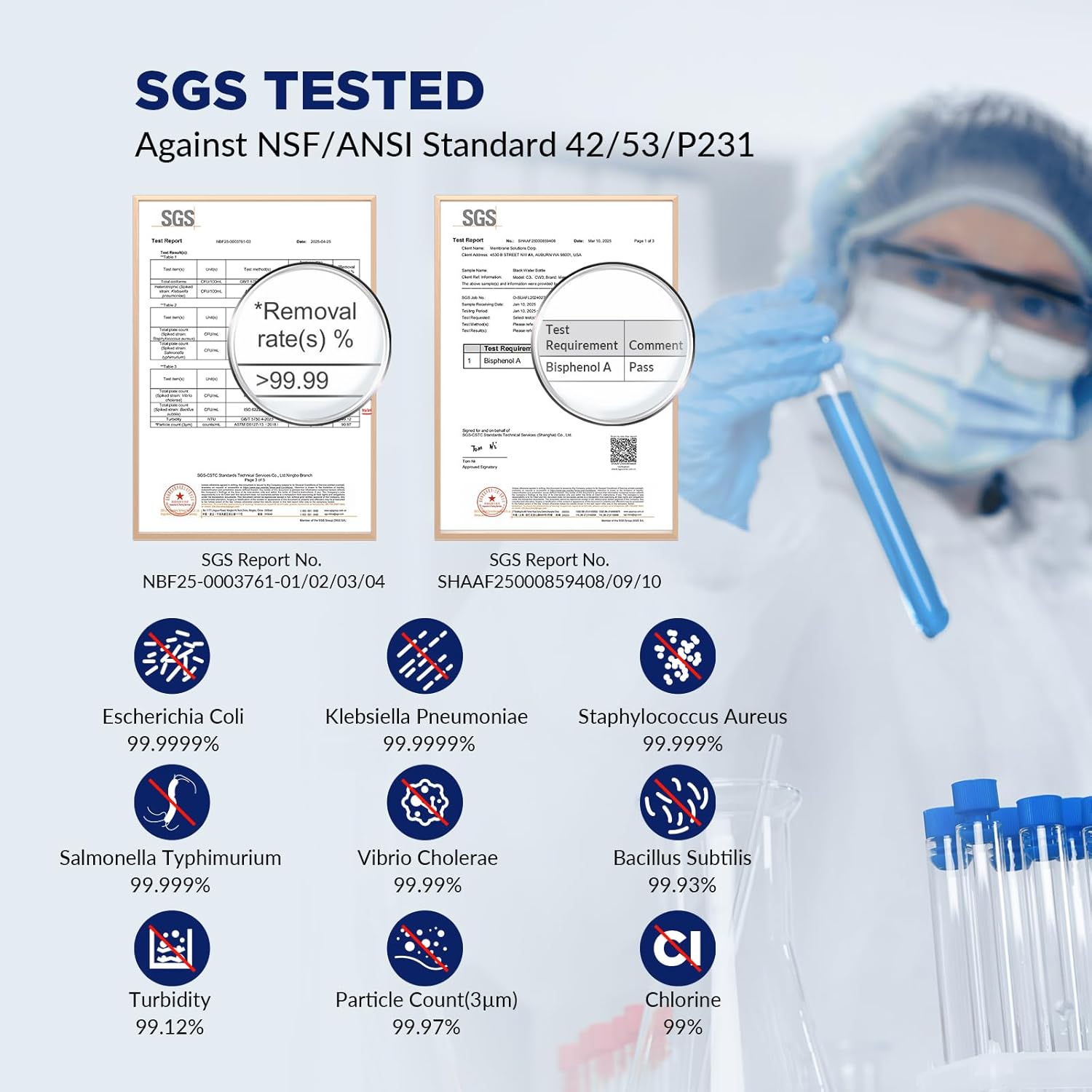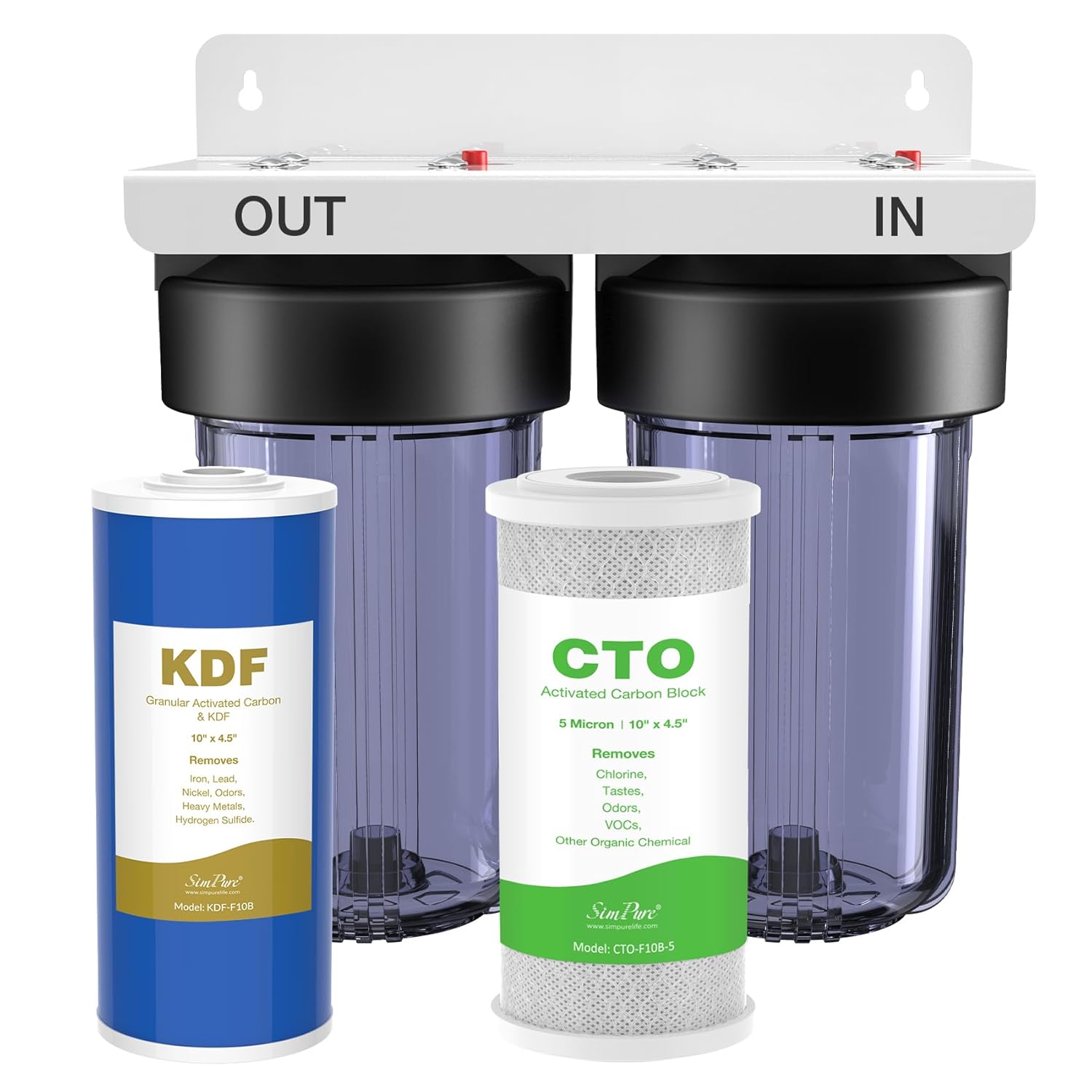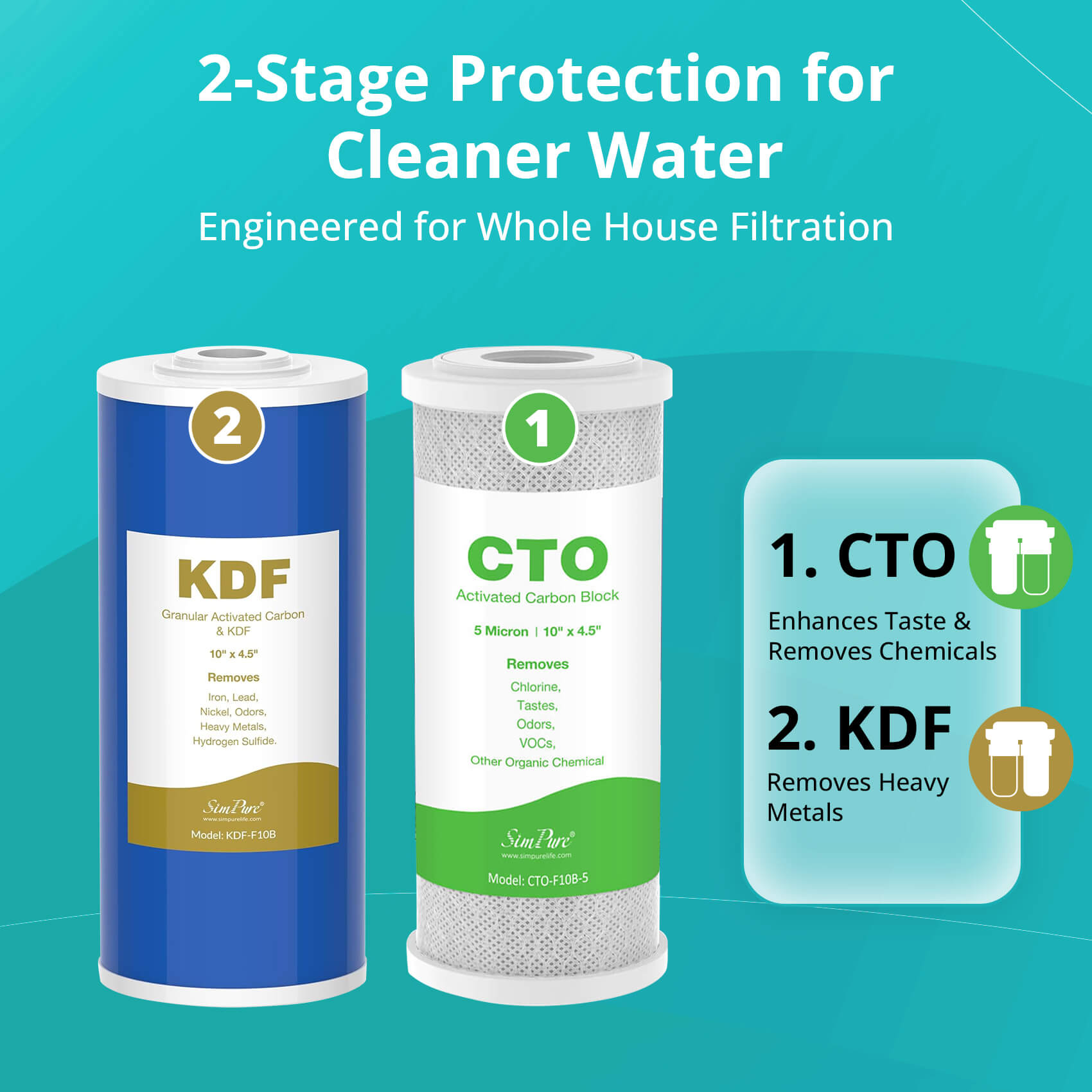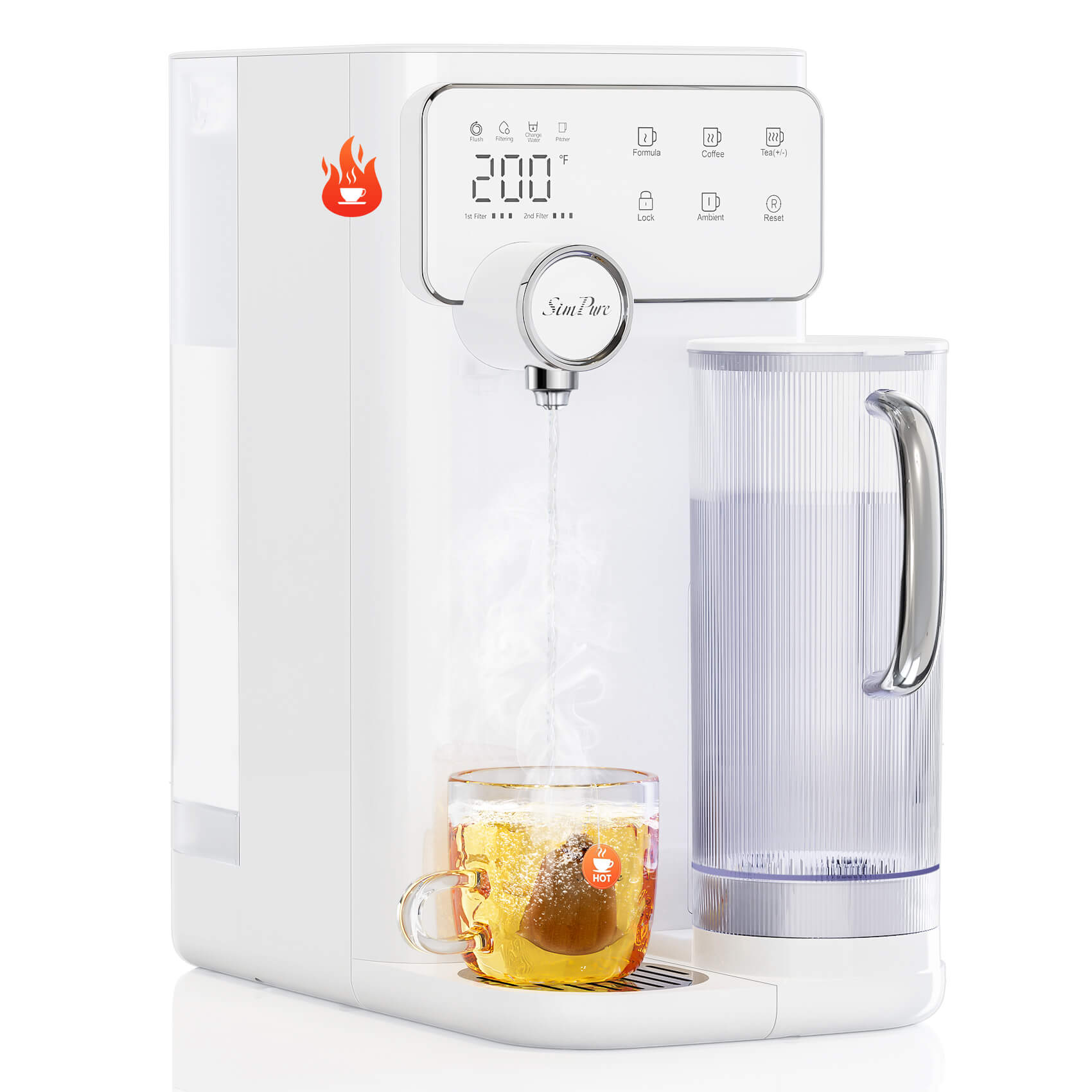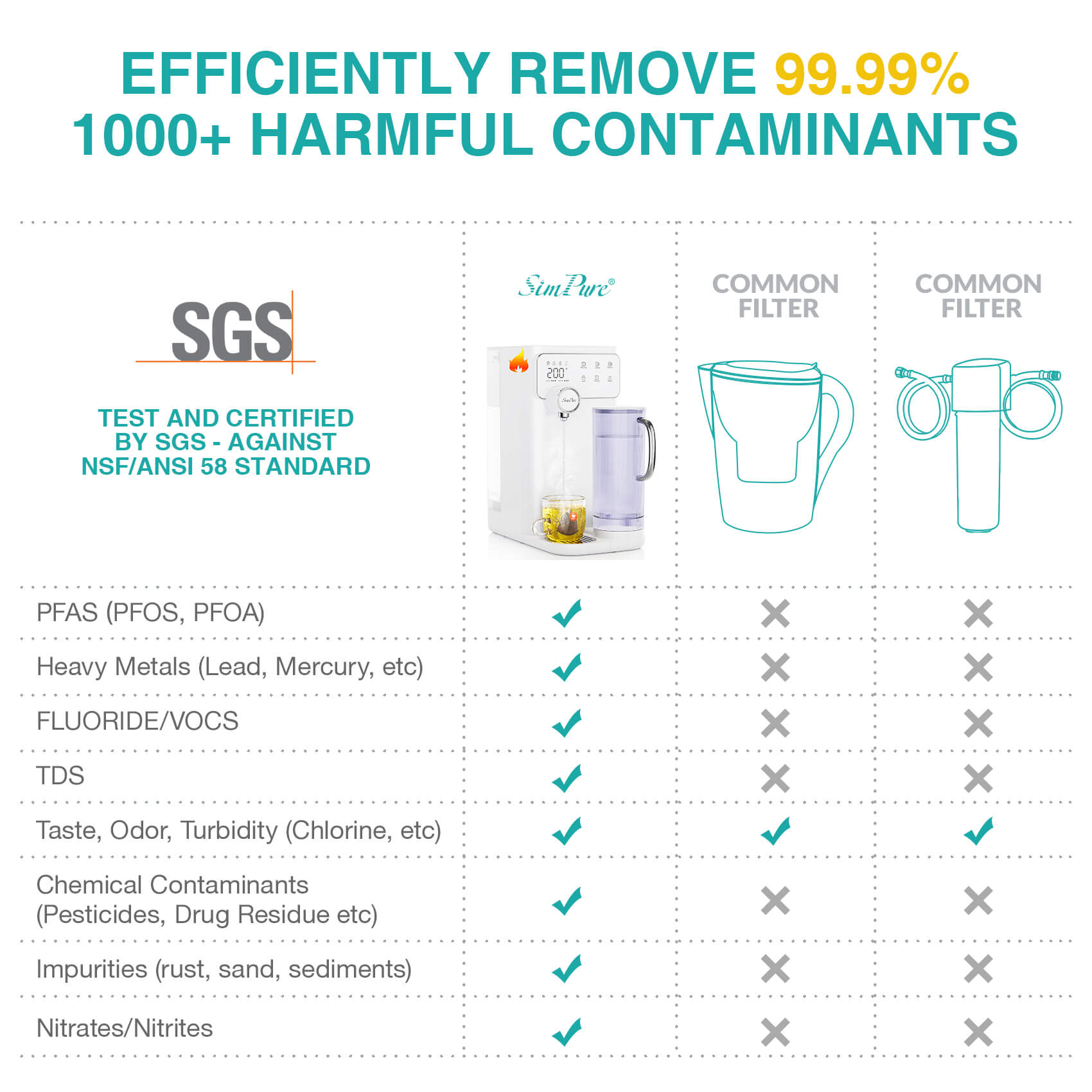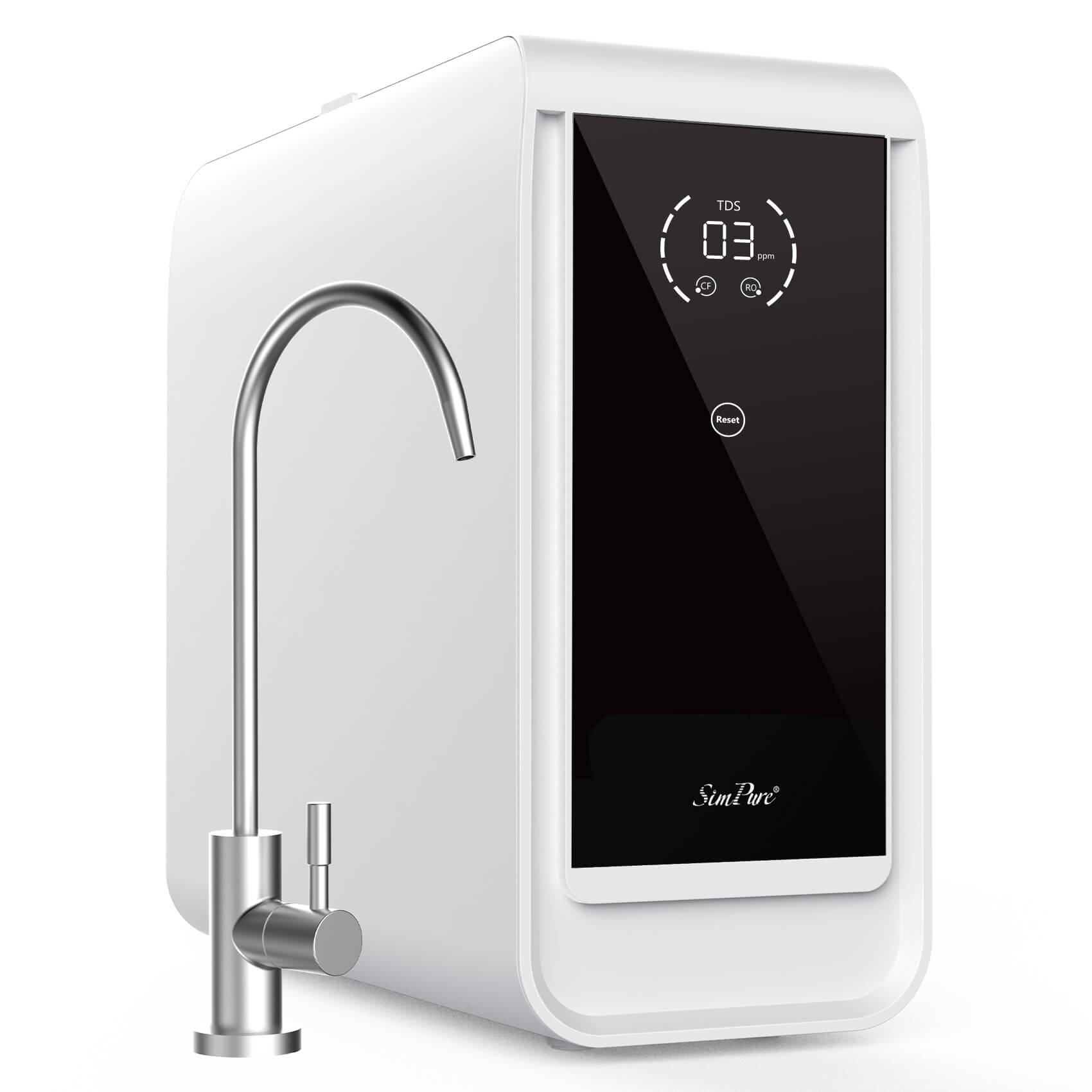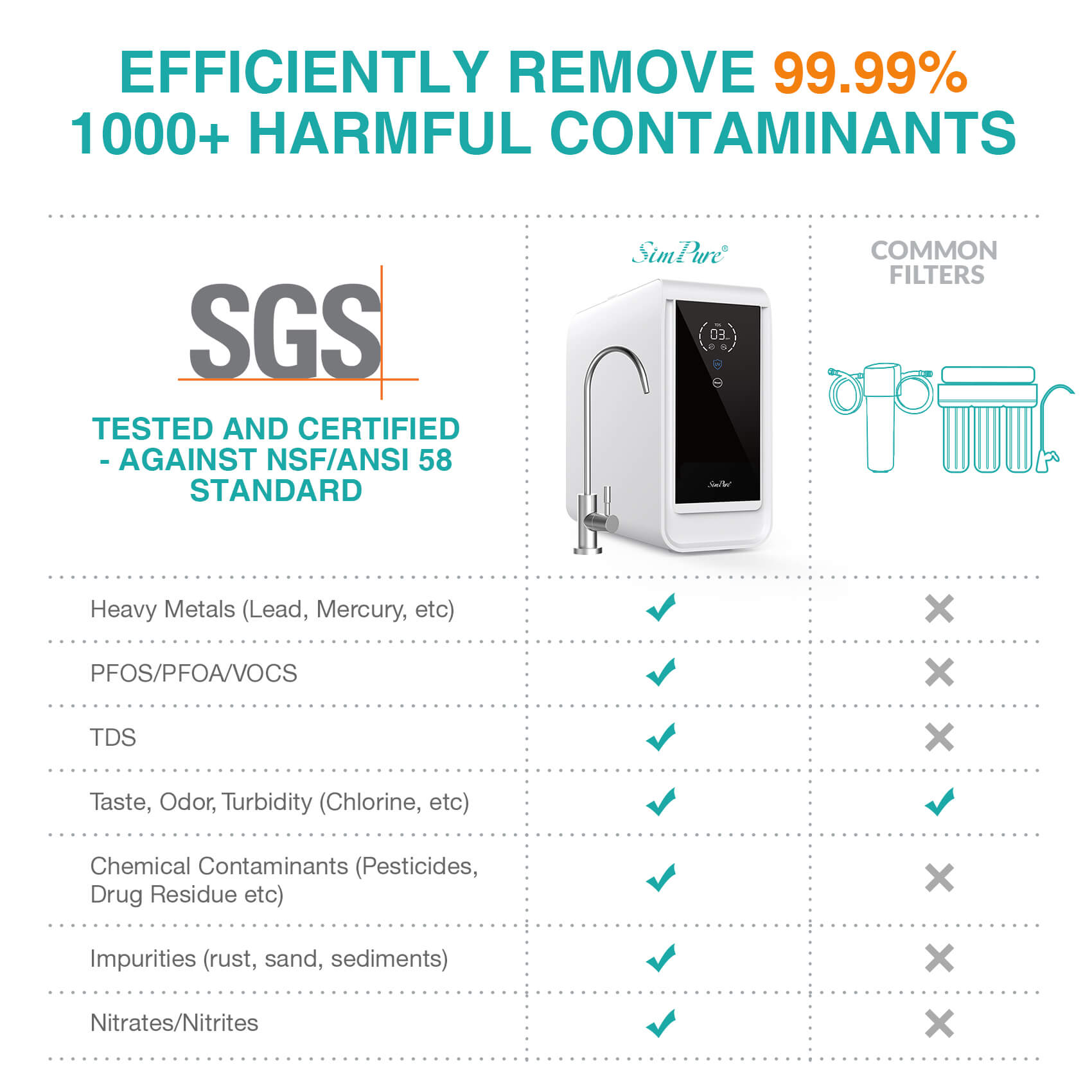When the body runs out of water, the brain detects that the cells are shrinking, and it will notify people, making people feel thirsty, and then we need to drink water. But do you know where does water go when you drink it? does water go to the stomach? and how to drink water correctly? Water is an important participant in the energy consumption of the human body. When it enters the human body, it will be absorbed by the organs that need it, and then the excess water will be excreted in urine. Let's take a look at the water digestion process in the human body.
Table of Contents
When We Drink Water Where Does It Go?
-Does Water Go to the Stomach?
-The Complete Water Digestion Process
When We Drink Water Where Does It Go?
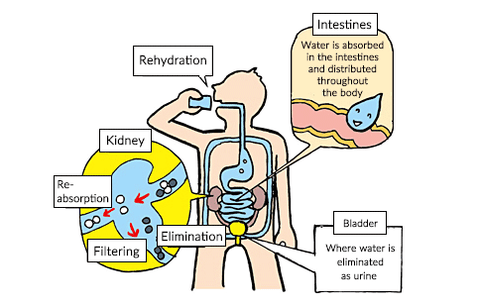
Water is an important part of the human body, it promotes the metabolism of cells and is involved in maintaining the normal morphology of cells and the composition of intact cell membranes. What’s more, water is a major component of key bodily fluids in people such as blood, saliva, cerebrospinal fluid, and amniotic fluid. Generally speaking, water is divided into three major "waters" in the body, namely intracellular fluid, extracellular fluid, and plasma. Then let's first move to the question when you drink water does it go to your stomach.
Does Water Go to the Stomach?
When you drink water does it go to your stomach? does water go to the stomach? Water flows down through our mouths and quickly enters the digestive organs through the esophagus. After a brief stay in the stomach, leaving the part of the water needed by the stomach, the substances in the stomach are then carried to the human intestinal system. In the intestine, each part of our internal organ system not only takes away the water through the blood according to its own needs, but also distributes various substances brought from the stomach according to its own needs. Subsequently, the various substances that are not needed by each system, as well as the various substances that have been used and have no value, are re-concentrated in the intestine. At the same time, the wastewater that has been used is also concentrated in the intestine. It can be seen that in this process, the water absorbed by the stomach is very rare, and most of the water is absorbed through the mucosa of the small intestine and the large intestine. That is to say, water will flow through the stomach, but it will not stay in the stomach all the time.
The Complete Water Digestion Process
After drinking, the water is quickly absorbed and transported to the desired part. When all organs of the human body get enough water and return to normal efficiency, excess water will be excreted from the body. There are four main ways in which water leaves the body:
1. Excreted in the form of urine through the kidneys (most of the water)
2. Through the large intestine---excreted in the form of feces
3. Excreted in the form of sweat through the skin (especially in summer)
4. Through the mouth and nose - in the form of gas (especially in winter)
Let us see the digestive roadmap of water in the human body: mouth→ stomach→ small intestine→ blood → liver → heart→ blood → cells→ blood → kidneys → bladder → urinary tract → excreted from the human body. This is a clear water digestion process, and you can find the answer to when we drink water where does it go. Then let us move to the detail process of water digestion.
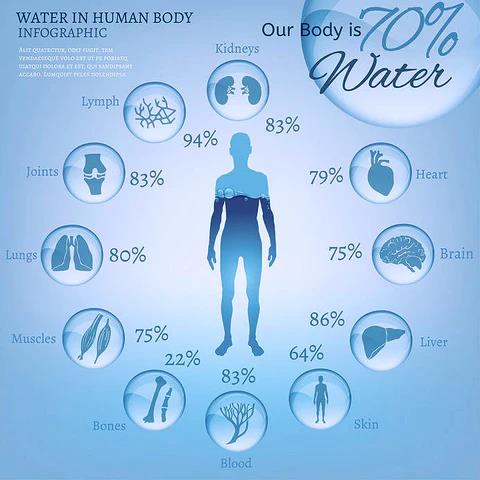
First, water and nutrients are sent through the lymphatic fluid into the bloodstream, which becomes the main component of the blood, and then injected into the veins is sent to the heart. Then through the heart, blood is sent out of the arteries and then through the branches of the blood vessels to all corners of the body. Some water, along with oxygen and nutrients, is received by the tissue cells of organs such as the liver as the basis for the operation of the organs, while others are sent to terminal tissues such as fingertips to form a mytist fluid that moisturizes tissue cells. The key to this replenishment process is the balance of fluid inside and outside the blood vessels.
After careful screening, some substances needed by the body, such as electrolytes, are absorbed by the epithelial cells that make up the renal tubules and sent back to the blood vessels. Some waste products, such as urea, creatinine, and uric acid, as well as excess salt, water, and calcium, remain in the renal tubules to form urine. The urine left in the renal tubules is excreted from its end, then into the human ureter, and then reaches the bladder and is stored there. When the nerves in the bladder feel that they cannot hold more urine, they send signals to the brain to urinate, and we follow the instructions of the brain to urinate. At this point, the process of digesting water is over.
How Long Does It Take for Water to Become Urine?
To the question of how long does it take water to become urine, the answer varies from person to person. Different people's kidneys produce water at different speeds, some are faster, 10-30 minutes of urine production, so it feels as if the water is drunk quickly through the kidney metabolism excreted outside the body. But some people may need 0.5 days, or even more than 0.5 days, and the amount of urination is not much. In addition to the different metabolic rates, the speed of urination is also related to the degree of heat, sweating, and your exact environment. Therefore, some people drink water and produce urine faster, while some people need more time to produce urine. In general speaking, people in good health will absorb water and produce urine within 2 hours. So the answer to how long does it take for water to become urine actually depends on yourself, there is no definite time.
Then How to Drink Water Correctly?
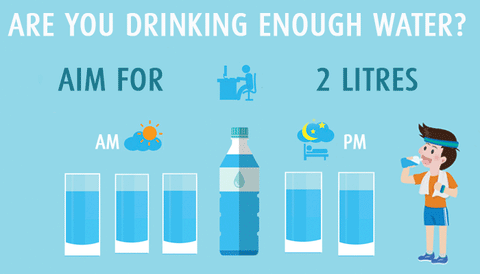
1. Drink enough water
How much water you need to drink? Under normal circumstances, 2 liters of water can meet the body's water needs for a day. However, due to factors such as age, sex, muscle content, diet, temperature, physical exertion, or exercise, the daily water demand of each person varies. Some people may only need more than 1 liter, and some people may need more than 3 liters. For example, in a high-temperature environment, if you are heavy physical labor, or after strenuous exercise sweating, your body needs to drink more water. But if you are on a fit diet, check this blog: How Much Water Should I Drink to Lose Weight? for the recommenede water intake!
2. Drink regularly and slowly
After learning where does water go when you drink it and how long does it take water to become urine, we know the water digestion process. The water we drink will be absorbed and utilized by the body within 2 hours, and the excess water will be excreted in multiple ways. If you drink 2 liters of water in 2 hours and do not drink water the rest of the time, the human body will still be in a state of lack of water. Therefore, drink water regularly every day, drink water in moderation, and do not drink too much at a time.
3. Drink safe water
Although a variety of beverages, wines, and juices contain a lot of water, these drinks should never be used instead of water. Additive-free, calorie-free, sugar-free water can better meet the needs of the human body, such as cold boiled water and filtered or purified water. Sugar, alcohol, pigments, flavors, and other additives are not necessarily directly harmful to people, but the results of the study prove that they can disturb the intestinal flora, and some substances may even interfere with the body's absorption and utilization of water. Such as MiO, if you love drink water with MiO, we strongly recommend you read Is MiO Bad for You.
4. Drink water at the right time
Although you can drink water at any time of the day, there are some specific times when drinking water is more effective, such as drinking water within 2 hours before strenuous exercise to improve athletic performance. Drinking water when you wake up in the morning not only promotes bowel movements but also replenishes the moisture that is emitted for a long time. Because we mainly consume water during sleep and rarely replenish water, all organs of the body are often in a state of dehydration when we wake up. A glass of water before bedtime can also help with health. But if you are worried about the impact on sleep or the inconvenience of going to the toilet, you can drink less before going to bed, but don't forget to drink when you get up.
5. Drink clean water
Regular drinking of good water can effectively improve the quality of blood in the human body, promote the flow of blood so that the cells in the body are constantly renewed, and the functions of various tissues and organs can be maintained, making people full of vitality. Many people are not aware of the water quality of drinking water and drink it directly before the water is purified. A seemingly clear and transparent glass of water may be full of various microorganisms. So how to get clean drinking water? In fact, it is also very simple, that is, to install a water purifier. Among all the water purifiers, the reverse osmosis water system for home is the best choice, which has 0.0001-micron filtration precision, high-efficiency, and energy-saving filtration technology. It is more suitable for families with elderly people and children at home.
At last, in this article, we have learned where does water go when you drink it and how to drink water correctly, you may have a clear understanding of the water digestion process. So remember to drink enough clean water to stay hydrated for your health! Just stay tuned to SimPure Reverse Osmosis System for the common sense of drinking water purification and water quality solutions.



